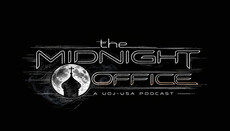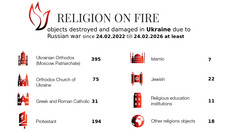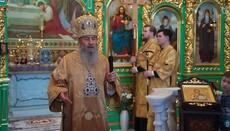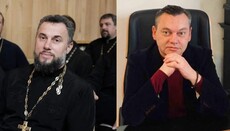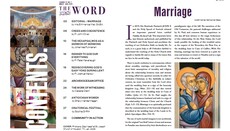Orthodox Bioethics Conference Makes Key Statements on Euthanasia
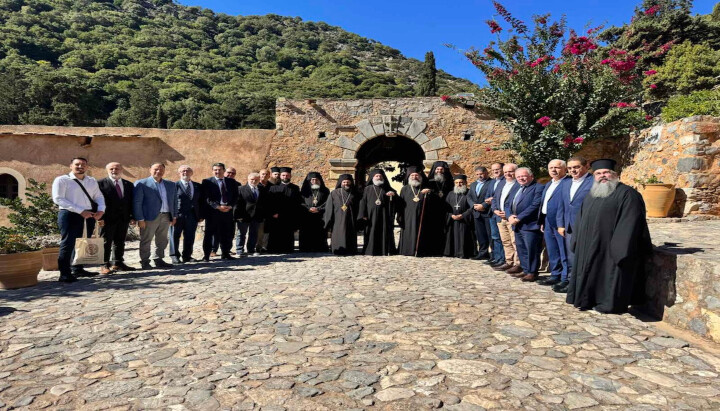
The 3rd International Bioethics Conference of the Ecumenical Patriarchate recently concluded in Crete.
RETHYMNO — The 3rd International Bioethics Conference of the Ecumenical Patriarchate, devoted to the theme “Euthanasia,” concluded on Sunday, Oct. 26, 2025.
According to the Orthodox Times, the conference was held from Oct. 24–26 and organized by the Patriarchate of Constantinople in cooperation with the Holy Metropolis of Rethymno and Avlopotamos. The conference brought together hierarchs, theologians, physicians, and academics to examine the complex ethical, spiritual, and social dimensions of euthanasia through the prism of Orthodox theology, philosophy, medicine, and law.
While the conference had several notable speakers and sessions, perhaps the most important contribution came in the form of key conclusions on euthanasia unanimously agreed to and shared by the conference's participants. As published by the Orthodox Times, they are:
- Euthanasia as a profound ethical and theological issue: The Church must participate actively in the dialogue, expressing the Gospel truth and Patristic teaching on the sanctity of human life and the eternal purpose of humanity.
- Life as a divine gift: True fulfillment is found in union with the Triune God, not in human autonomy detached from divine will.
- False freedom of extreme autonomy: Accepting euthanasia means submitting to the futility of mortality, rejecting the redemptive work of Christ.
- Christian theology of freedom: Human life is sacred, with divine origin and eschatological purpose. Dignity is inherent and cannot be removed.
- Danger of assisted suicide: It promotes a society without compassion and threatens the vulnerable, leading to techno-totalitarianism that undermines human worth.
- The Church’s compassionate stance: The Church blesses both those who choose to pursue medical treatment and those who, like St. Paisios the Athonite, choose to face death peacefully without prolonging suffering.
- Ethical dangers of voluntary euthanasia: It risks pressuring patients, undermining the doctor–patient relationship, and violating the divine commandment “Thou shalt not kill.”
- Encouragement of palliative care: The Church supports the creation of palliative care centers and promotes personal compassion for the sick, fostering dignity, safety, and hope.
- Pastoral sensitivity: Christian teaching on euthanasia should always be expressed with pastoral care and love, cultivating hope and trust in God’s providence for those nearing the end of life.
While this stance is not necessarily anything new for Orthodox Christians to hear, this marks a clear response to increasing rates of euthanasia in the name of "freedom," "dignity," and "practicality," which countries like Canada and Switzerland have been promoting.
Previously, UOJ published an editorial on how assisted suicide distorts the idea of a Christian ending to our lives.
